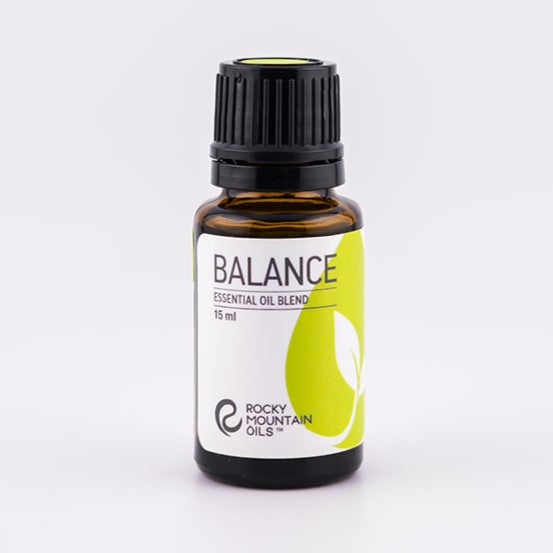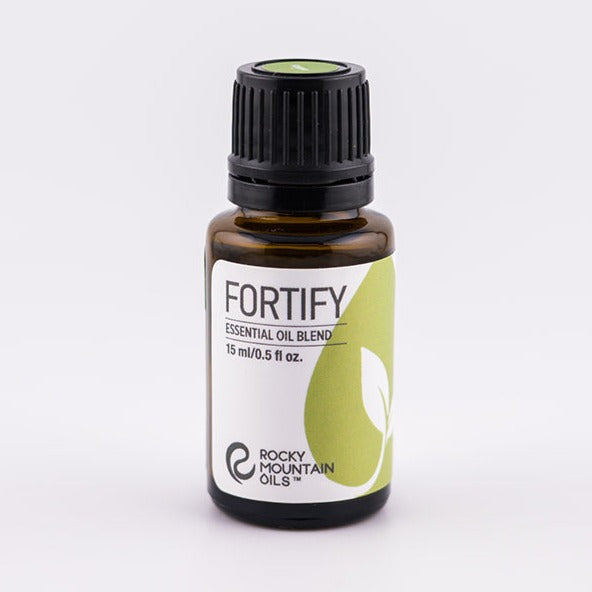Hyssop Benefits, Uses & Side Effects: Exploring the Herb's Potential
Hyssop, an herb revered through the ages for its medicinal and aromatic qualities, holds a place of distinction in gardens and natural remedies around the world. With its origins deeply rooted in history, Hyssop's botanical profile reveals a plant rich in essential oils, offering a plethora of health benefits.
A brief overview of Hyssop
Hyssop, a perennial plant belonging to the mint family, is renowned for its aromatic leaves and vibrant flowers, ranging in color from blue to pink and white. Historically, Hyssop has been utilized for its therapeutic properties and as a flavor enhancer in various culinary dishes. This herb, native to the Middle East and parts of Europe, has been cultivated for centuries, signifying its enduring value in herbal medicine and gastronomy.
Importance of Hyssop in traditional medicine and culinary practices
In traditional medicine, Hyssop has been revered for its ability to treat a wide array of health conditions, including respiratory and digestive issues. Its leaves and flowers contain essential oils and compounds that contribute to its medicinal effectiveness. Additionally, Hyssop's unique, slightly sweet, and spicy flavor has made it a favored herb in culinary practices, especially in Mediterranean cuisine, where it's used to season meats, soups, and sauces.

Benefits of Hyssop
Medicinal benefits
- Respiratory health: Hyssop has been traditionally used to alleviate symptoms of respiratory conditions like colds, coughs, and bronchitis due to its expectorant properties.
- Digestive aid: It aids in digestion by stimulating the secretion of gastric juices, thereby relieving gas, bloating, and indigestion.
- Anti-inflammatory properties: The herb's anti-inflammatory compounds help reduce inflammation in the body, benefiting conditions such as arthritis.
- Antioxidant effects: Rich in antioxidants, Hyssop combats oxidative stress and supports overall health.
Emotional and spiritual benefits
- Relaxation and stress relief: The soothing aroma of hyssop essential oil is used in aromatherapy to alleviate stress and promote relaxation.
- Purification and cleansing rituals: Historically, Hyssop has been used in spiritual practices for purification and cleansing of sacred spaces.
- Mood enhancement: The uplifting scent of Hyssop can enhance mood and combat feelings of depression and anxiety.
Uses of Hyssop
Medicinal applications
- Herbal remedies for respiratory ailments: Syrups and teas made from Hyssop are used to treat coughs and sore throats.
- Digestive health supplements: Hyssop is included in digestive aids to improve gastrointestinal health.
- Topical treatments for skin conditions: Applied externally, Hyssop can soothe skin irritations and infections.
Spiritual and ceremonial uses
- Aromatherapy: The essential oil of Hyssop is used for its calming and purifying properties.
- Incense and smudging rituals: Burned as incense, Hyssop cleanses the air and promotes a sacred atmosphere.
- Symbolic use in religious ceremonies: Hyssop holds symbolic significance in several religious traditions, often associated with purification and cleansing.

Side Effects and Precautions
Potential adverse reactions
- Allergic reactions: Some individuals may experience allergic reactions to Hyssop, including skin rashes or respiratory discomfort.
- Interactions with medications: Hyssop can interact with certain medications, altering their effectiveness.
Precautions for specific populations
- Pregnant and breastfeeding women: These groups should avoid Hyssop due to limited research on its safety during pregnancy and lactation.
- Individuals with certain medical conditions: People with epilepsy or high blood pressure should consult a healthcare provider before using Hyssop.
Proper dosage and usage guidelines
- Consultation with healthcare professionals: It's crucial to consult with a healthcare provider before incorporating Hyssop into your health regimen.
- Avoidance of excessive consumption: Moderation is essential, as excessive consumption of Hyssop can lead to adverse effects.
Hyssop Essential Oil: A Potent Extract
Extraction Process
Hyssop essential oil, obtained through the meticulous process of steam distillation, serves as a concentrated source of its beneficial compounds, ensuring a potent and effective remedy. This extraction method retains the plant's therapeutic properties intact, making hyssop essential oil a valuable resource for holistic health and well-being.
Key Components and Their Benefits
The therapeutic effects of oil, such as respiratory relief and mental clarity, are attributed to its components, notably pinocamphone and isopinocamphone. These compounds play pivotal roles in promoting wellness by alleviating respiratory issues and enhancing cognitive function, contributing to the oil's overall medicinal properties.

Hyssop in Herbal Medicine
Traditional Remedies
Hyssop, with its aromatic leaves and flowers, has a rich history dating back to ancient times when it was prized for its medicinal properties in treating respiratory issues and digestive problems and even as a topical antiseptic. Its traditional uses have persisted through the ages, with modern research also suggesting potential benefits such as anti-inflammatory and antimicrobial effects, further solidifying its status as a valuable herb in herbal medicine practices worldwide.
Modern Research and Studies
Recent scientific research has substantiated the traditional uses of Hyssop, affirming its efficacy in natural healthcare practices. Studies have demonstrated Hyssop's potential therapeutic benefits, validating its historical use and encouraging further exploration into its medicinal properties.
Growing and Harvesting Your Hyssop
Cultivation Tips
Hyssop, known for its vibrant blooms and aromatic foliage, not only requires minimal care but also serves as a magnet for pollinators such as bees and butterflies, enhancing biodiversity in the garden. Its resilience against pests and diseases further adds to its appeal, making it an excellent choice for both beginner and seasoned gardeners seeking a hassle-free yet beautiful addition to their landscape.
Harvesting and Storage Guidelines
Harvesting plants at the optimal time allows for the maximum concentration of medicinal compounds to be present, enhancing the efficacy of the resulting herbal remedies. Proper storage techniques, such as drying herbs in a controlled environment and storing them in airtight containers away from light and moisture, help maintain the potency and quality of the medicinal properties over time.
Can you put Hyssop Essential Oil on your skin?
Yes, hyssop oil can be applied to the skin, but it should be diluted with a carrier oil such as coconut oil or almond oil before use to prevent skin irritation or sensitization. It is important to perform a patch test on a small area of skin before applying it more broadly to ensure that you do not have an adverse reaction. Additionally, pregnant or nursing women should consult with a healthcare professional before using hyssop oil topically, as it may not be safe for them.
Does Hyssop Essential Oil help you sleep?
Hyssop essential oil is often used in aromatherapy for its calming properties, which may help promote relaxation and improve sleep quality for some individuals. Its scent is believed to have sedative effects that can help calm the mind and body, making it easier to fall asleep and stay asleep throughout the night. However, individual responses to aromatherapy can vary, so while some people may find hyssop essential oil beneficial for sleep, others may not experience the same effects. It's always a good idea to test a small amount of the oil first to ensure you don't have any adverse reactions and consult with a healthcare professional if you have any concerns.
What blends well with Hyssop Essential Oil?
Hyssop oil blends well with several other essential oils, including lavender, rosemary, eucalyptus, and lemon. These combinations can enhance the overall fragrance and therapeutic properties of hyssop oil, creating synergistic effects that promote relaxation, respiratory health, and mental clarity. Additionally, hyssop oil can be combined with carrier oils like coconut or jojoba oil for topical application, further expanding its versatility in aromatherapy and skincare formulations.
FAQs on Hyssop
What are the primary health benefits of Hyssop?
Hyssop offers respiratory relief, aids digestion, and supports the immune system through its antimicrobial and antioxidant properties.
How can Hyssop be incorporated into daily life for its therapeutic benefits?
Incorporate Hyssop by using its leaves in cooking for flavor, applying the essential oil in aromatherapy, or brewing the leaves for a health-boosting tea.
Are there any side effects or precautions associated with hyssop use?
Yes, while generally safe, Hyssop should be used cautiously by pregnant women and individuals with epilepsy due to its potent essential oils.
How does Hyssop support respiratory health?
Hyssop helps clear mucus from the lungs, acting as an expectorant, which makes it effective in treating coughs and colds.
Can hyssop essential oil be used in aromatherapy, and what are its benefits?
Hyssop essential oil is used in aromatherapy to reduce stress, enhance mental clarity, and promote relaxation.
What tips can you offer for growing and harvesting Hyssop at home?
For best results, plant hyssop in well-drained soil under full sun and harvest the leaves in the morning when their oil concentration is highest.
Conclusion: Embracing Hyssop's Natural Gift
Embracing the abundant benefits of hyssop, we tap into nature's rich resources, fostering a journey toward holistic wellness and alignment with the environment. By incorporating this ancient herb into our daily routines, we open ourselves to a myriad of hyssop benefits, nurturing both our physical and mental well-being while fostering a deeper connection with the natural world.




